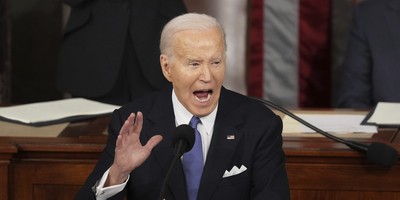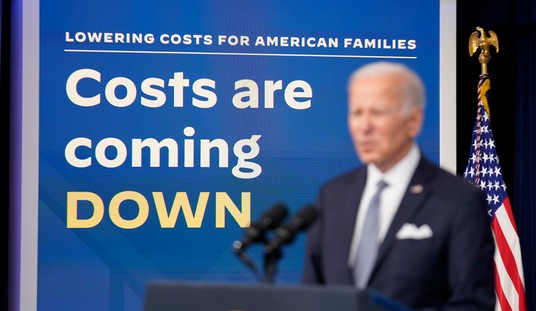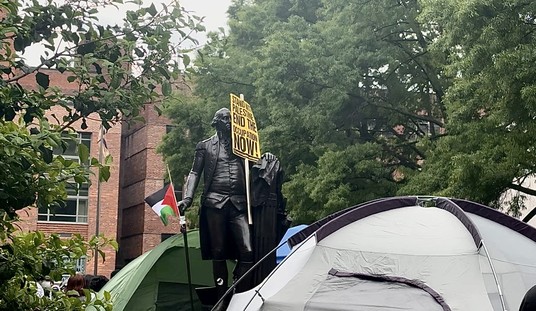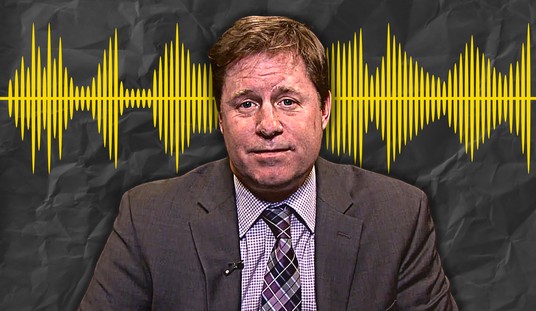During Supreme Court Justice Elena Kagan's confirmation hearings last summer, Sen. Tom Coburn asked her whether a law requiring Americans to eat their fruits and vegetables could be justified as an exercise of the federal government's constitutional authority to "regulate commerce ... among the several states." Kagan's stubborn resistance to answering Coburn's question suggested it was not as wacky as it may have seemed.
In fact, the Oklahoma Republican was merely applying President Obama's logic in defending the Patient Protection and Affordable Care Act's requirement that Americans purchase government-approved health insurance. According to Obama, the federal government can make you do something if your failure to do it, combined with similar inaction by others, has a "substantial effect" on interstate commerce. By rejecting that premise on Monday, U.S. District Judge Henry E. Hudson took a stand for the principle that Congress may exercise only those powers that are specifically enumerated in the Constitution.
It's about time someone did. Over the years, the Supreme Court, acceding to the legislative branch's power grabs, has transformed a provision aimed at eliminating internal trade barriers into an all-purpose excuse for nearly anything Congress decides to do.
In 1942, for instance, the court ruled that the Commerce Clause authorized punishing a farmer for violating federal crop quotas by growing wheat for his own consumption. Although the grain never left his farm, let alone crossed state lines, the court reasoned that such self-sufficiency, writ large, had a "substantial economic effect" on interstate commerce in wheat. In 2005, the court used similar logic to uphold federal prosecution of patients who grow marijuana for their own medical use.
Thus was the power to regulate interstate commerce deemed to cover activities that were neither interstate nor commercial. But as broad as those rulings were, Hudson wrote in response to a lawsuit by the state of Virginia, both involved people who chose to do something (grow wheat or pot) that "placed the subject within the stream of commerce."
Recommended
The health insurance requirement, by contrast, applies to anyone living in the United States. For Hudson, this lack of choice was decisive. "Neither the Supreme Court nor any federal circuit court of appeals has extended Commerce Clause powers to compel an individual to involuntarily enter the stream of commerce by purchasing a commodity in the private market," he wrote. "At its core, the dispute is not simply about regulating the business of insurance -- or crafting a scheme of universal health insurance coverage -- it's about an individual's right to choose to participate."
Hudson rejected the Obama administration's argument that the inactivity of people who don't buy medical coverage is illusory because they are de facto choosing to pay for their health care in some other way. "This broad definition of the economic activity subject to congressional regulation lacks logical limitation and is unsupported by Commerce Clause jurisprudence," he wrote. "The unchecked expansion of congressional power to the limits suggested by the (insurance mandate) would invite unbridled exercise of federal police powers."
In Obama's view, the failure to buy medical coverage can be treated as a federal offense because that failure, aggregated across millions of people, has a substantial effect on the interstate market in health care. But the same thing can be said of the failure to exercise, the failure to get enough sleep, the failure to brush your teeth, the failure to wear a coat in cold weather and the failure to eat a proper diet.
Which brings us back to Coburn's question about a federal fruit-and-veggie mandate. Although he presented himself as a strict constructionist worried about Kagan's "expansive view of the Commerce Clause," Coburn brags about writing the Partial-Birth Abortion Ban Act. Guess which provision of the Constitution supposedly justifies that egregious overextension of federal power. Like the medical marijuana case, this contradiction shows that a properly limited federal government is not necessarily something that conservatives welcome or that progressives should fear.
























Join the conversation as a VIP Member